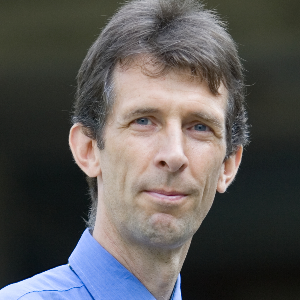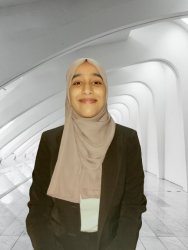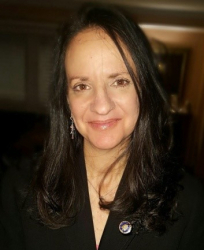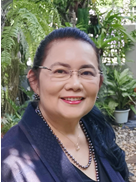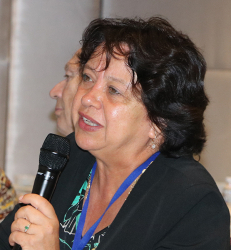Session 14: Inquiry-based Science Education for Sustainable Development: Leaving No One Behind
Since 2003, the InterAcademy Partnership (IAP) has been implementing a global Science Education Programme (SEP) which has the objective of improving science education and science literacy at the pre-university levels in all countries and regions of the world. The IAP SEP, led by a Global Council of experts, promotes inquiry-based science education (IBSE), which fosters interest and invokes curiosity in the learner, has perceived local and global relevance, and transcends disciplines and geographic boundaries. IBSE develops students’ scientific literacy and builds an ecosystem for transdisciplinary learning, both in and out of school, from preschool to university. It develops students’ sustainability mindsets and leaves no-one behind. In this session, we illustrate various aspects of this complex multifactorial approach – from the individual learner, to the school, museum and science centre.
Individual. In the remote Imlil valley in the Atlas mountains, an NGO has implemeted multi-partner projects for improving education quality and reducing access barriers, particularly for girls. Preschool appeared a major factor for inclusion, allowing young boys and girls shared development activities and dialogue. In these sparsely dispersed villages far from secondary schools, small shelters constituted an efficient way to avoid girls dropping out. Access to a university was made possible through a combination of grants and dialogue. To set the context, our first presenter is a young female student who attended a shelter and is now studying modelling and data science at a prestigious university in Morocco.
School. Next, we will share the results of the largest study to date on the implementation of IBSE in schools – Leadership and Assistance for Science Education Reform (LASER). Results demonstrated improved scores in science, reading and mathematics for disadvantaged students (second language learners, girls and poor students). We will discuss how IAP and the Smithsonian are integrating the SDGs into IBSE through the Smithsonian Science for Global Goals project: free community research guides that promote young students’ sustainability mindsets – empowerment and agency, open mindedness and reflection, local and global connection, and social justice and equity – by tackling the world’s most complex socio-scientific problems.
Museum. We will highlight the role of museums in promoting IBSE for sustainable development. Each year, Thailand’s National Science and Technology Fair hosts more than 1.5 million children from around the country, applying an IBSE approach to scientific subjects that underlie the SDGs, including biodiversity and space exploration.
Science Centre. Finally, we will discuss the value of science centres and the need to establish them – in an accessible way – in countries where they do not yet exist. The focus will be on Africa where a pilot project is underway to help establish five centres led by national science academies that will encourage students’ engagement in science, technology, engineering and mathematics (STEM) to develop scientific and global literacy through inquiry.
This session will show that IBSE for sustainable development moves students from simple problems to complex, local to global, scientific to sustainable, all by harnessing knowledge for sustainable societies through inclusive education, with an expected impact toward the SDGs.
Watch the video recording of the session here:
Primary session organizer: Peter McGrath, IAP, Italy
